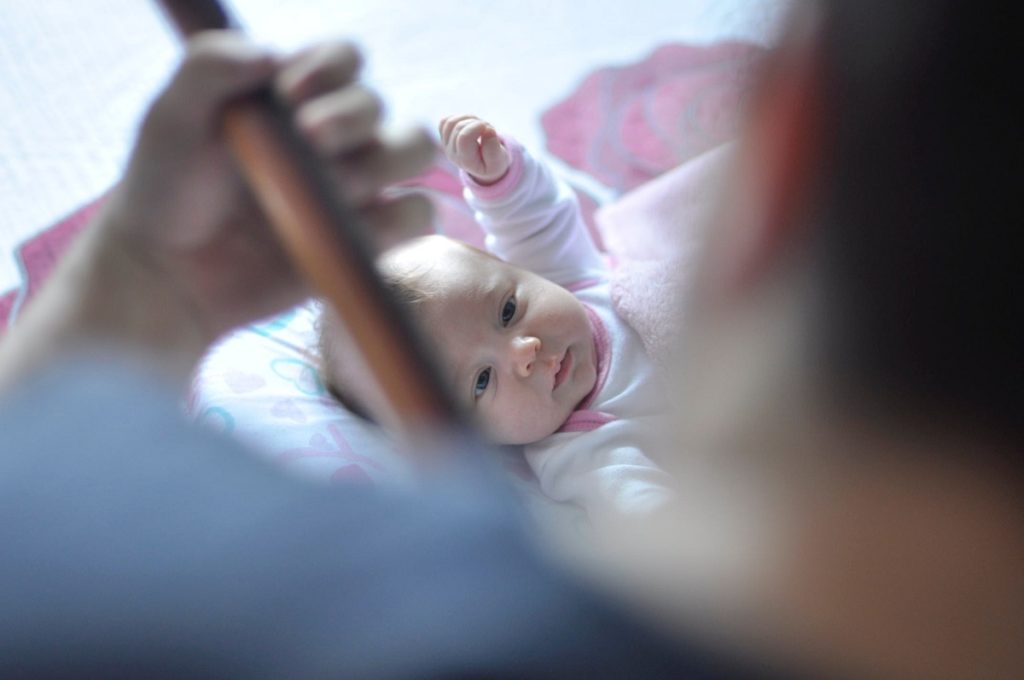
Divorces happen. They aren’t particularly fun, but when a relationship becomes toxic, they are necessary in helping both parties to move on to a happier and healthier future.
Everyone dreads a messy divorce, and separations that are the most stressful often involve children. Custody is at the forefront of everyone’s mind, and according to the divorce law firm of Romano Law, P.C., as long as the children have loving parents who can each provide a safe environment, custody is split more or less evenly.
Other than custody, parents also worry about how well a child will adjust to the split. You can sit down and have a discussion with older children about what a divorce means and can help them navigate their emotions. Infants and toddlers, on the other hand, don’t have the ability to understand divorce. What’s more, they also don’t really care about your reasons or the long-term impact of a divorce! As long as someone they’ve formed an attachment to is available to take care of them, they are happy.
Reducing Stress in Young Children During a Divorce
However, to say that children will come out the other side of a divorce in a cheerful state of bliss, unaware of the changes that have occurred in their family life, is to oversimplify the matter.
Even before your baby reaches 1 year of age, he can pick up on your emotions and react to them. When you are extra stressed or anxious, he feels extra stressed and anxious as well. Babies and toddlers may not be able to communicate through language, but they understand body language very well. Your baby can also feel your heartbeat and overall tension when you hold him.
Babies and toddlers can also understand that a certain tone of voice is negative and upsetting. Arguing and yelling around babies is stressful for them, and they’ll often cry at the noise or tone of voice.
A little bit of stress here and there is inevitable and helps your baby become resilient. But prolonged stress can make a baby fussier and more difficult to calm. Research also indicates that high stress levels can influence brain development and impact the immune system.
Try to calm your own emotions as much as possible around your baby and try to stick to a routine. The other main thing to address is attachment to both you and your soon-to-be-ex in order to calm separation anxiety when split custody occurs.
Your Feelings Aside, Your Baby Needs Two Parents
You and your spouse’s relationship may have crumbled beyond repair, but your child still needs to have a relationship with both of you. Do not tarnish the health of your child’s connection with his other parent based on your own feelings. If your child can understand spoken language, don’t bash your ex or make it seem like it’s the worst thing in the world for your child to leave you.
Single parents can, of course, raise very robust and confident children, but when it comes to role models, familial attachments and devoted caregivers, the more the merrier. Whether you like it or not, your child will learn important life lessons from his father, for example, that he won’t necessarily learn from you, simply because you are two different people with different approaches and different experiences.
Forget about the paperwork and court proceedings: learning to co-parent can be the most difficult part of getting a divorce when your child is very young, but it is vital to your child’s wellbeing.
